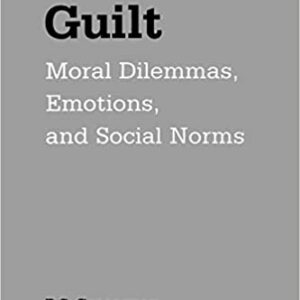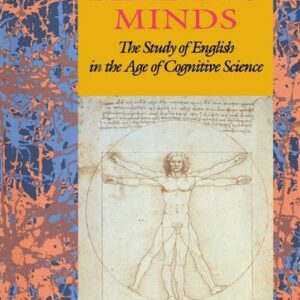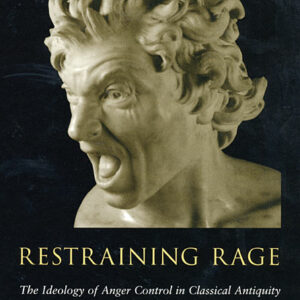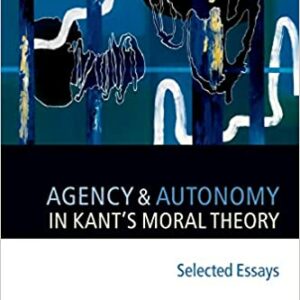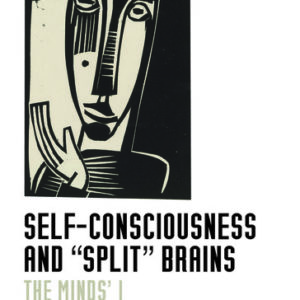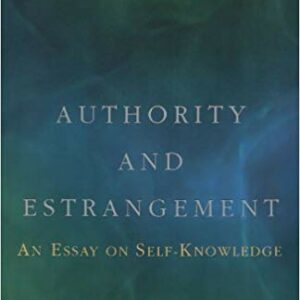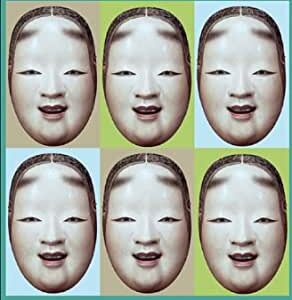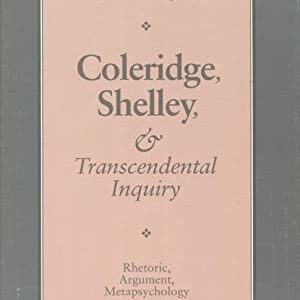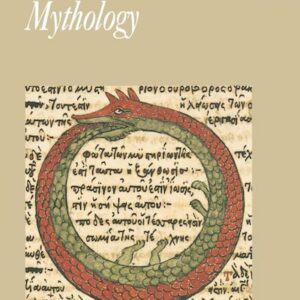
Jung on Mythology
Edited by Robert A. Segal (NHC Fellow, 1997–98) At least three major questions can be asked of myth: what is its subject matter? what is its origin? and what is its function? Theories of myth may differ on the answers they give to any of these questions, but more basically they may also differ on … Continued
